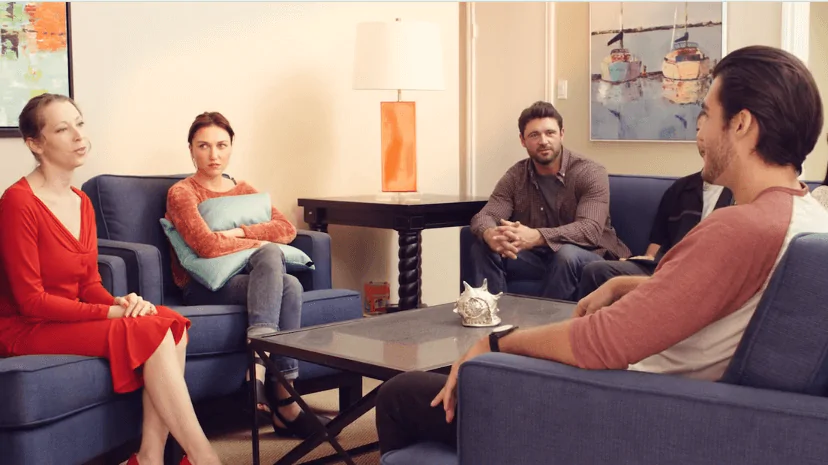24/7 Helpline:
(866) 899-221924/7 Helpline:
(866) 899-2219
Learn more about Aftercare Support centers in Littleton
Aftercare Support in Other Cities

Other Insurance Options

AllWell

ComPsych

Horizon Healthcare Service

WellCare Health Plans

United Health Care

Excellus

Sutter

BlueCross

Medical Mutual of Ohio

Meritain

Choice Care Network

Evernorth

CareFirst

Holman Group

Absolute Total Care

Oxford

Multiplan

Self-pay options

Ambetter

UnitedHealth Group


















